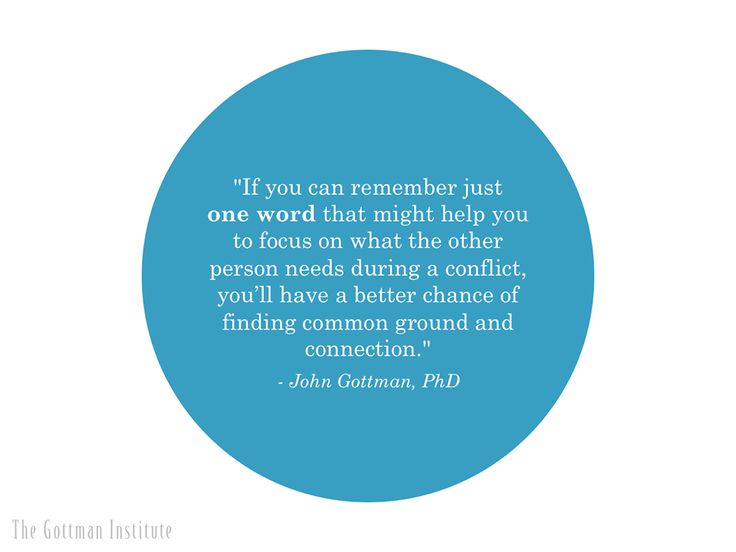Why a Real, Local Therapist Is Better Than AI or Big Therapy Platforms
In a world where technology is everywhere, it’s easy to be tempted by the convenience of AI-driven mental health tools or massive platforms like BetterHelp. They promise quick access, low cost, and around-the-clock availability. But when it comes to real healing, meaningful change, and lasting mental health support, there’s no substitute for working with a licensed, human therapist—especially one who’s part of your local community.
As a therapist, I’ve seen firsthand how vital the human element is in therapy. Here’s why choosing a real, local therapist still matters in a digital age.
1. Therapy Is About Relationship, Not Just Solutions
At its core, therapy isn’t just about fixing problems—it’s about being seen, heard, and supported in a safe relationship. AI can simulate empathy, but it can’t feel it. It can recognize patterns in language, but it can’t hold space for your pain or celebrate your growth with genuine care.
A trained therapist doesn’t just listen—they attune. They notice subtle changes in tone, facial expression, posture, and pace. They ask the right questions, not because they were programmed to, but because they’re fully present with you in that moment. This kind of connection is something AI simply can’t replicate.
2. A Local Therapist Understands Your Culture and Community
Healing doesn’t happen in a vacuum—it’s shaped by our environment. A local therapist brings more than professional expertise; they bring a deep understanding of the community you live in.
Whether it’s navigating local school systems, family dynamics, workplace cultures, or community stressors, a therapist rooted in your region gets the nuances. They’re not just reading your story—they’re reading between the lines with the same cultural and social context. That kind of insight can make therapy feel safer, more relevant, and more impactful.
3. Privacy and Accountability Are Built In
With AI tools or massive therapy platforms, your data may be stored, analyzed, or even shared with third parties in ways you might not fully understand. With a licensed local therapist, you’re protected by strict professional ethics and state privacy laws. You know who you’re working with, where your records are stored, and who’s accountable for your care.
Therapists in private practice also tend to have more flexibility in how they serve you—offering individualized care instead of a one-size-fits-all protocol.
4. You Deserve Real Support, Not Just Availability
BetterHelp and similar platforms often rely on contracted therapists juggling dozens of clients at once. While there are great clinicians on these platforms, the system itself can lead to inconsistent care, limited availability, and a sense of being just another “case.”
Working with a dedicated, local therapist means you’re not just another message in an inbox—you’re a person, not a profile. Your care is personal, intentional, and tailored to your life and goals.
5. Long-Term Growth Needs Trust, Not Just Access
Sure, AI can offer quick advice, and BetterHelp can get you started fast. But real transformation takes time, trust, and depth—none of which can be rushed or outsourced. A local therapist can walk with you through months or years of growth. They become a trusted partner, not just a provider.
Final Thoughts: Choose Real Connection
Technology can be a wonderful tool to support mental health, but it should never replace the depth and healing that happens in real human relationships. If you’re ready to do meaningful work and build long-term resilience, nothing beats sitting across from a caring, competent therapist who truly sees you—and who knows your world.
You deserve therapy that’s as human as you are.






